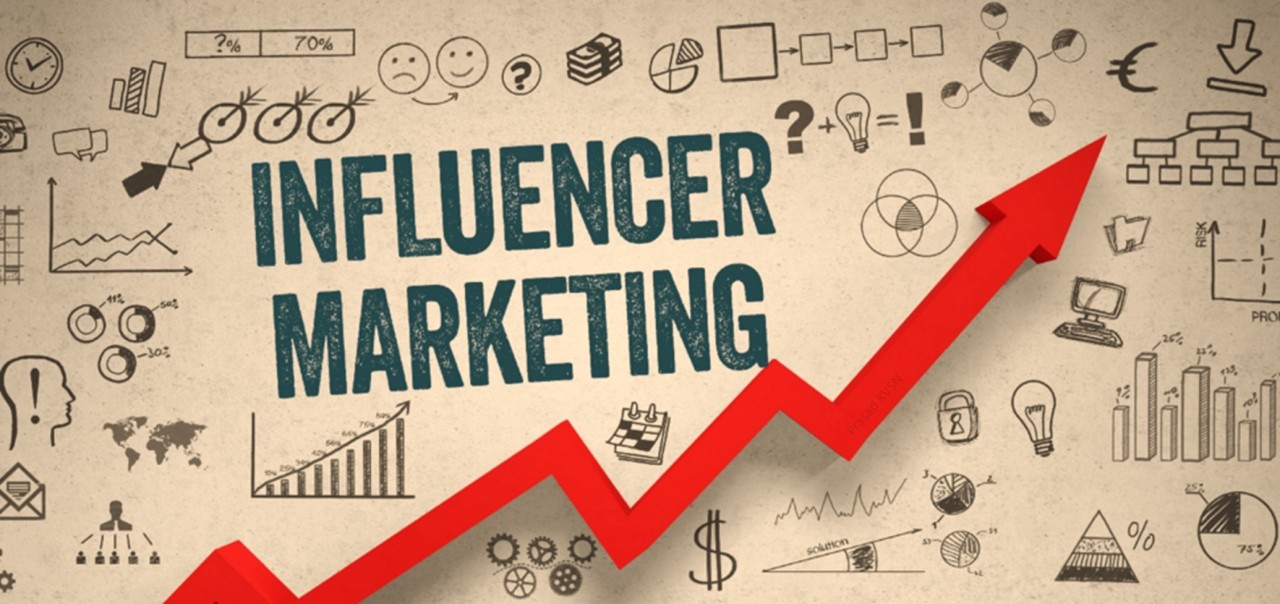
In today’s digital age, influencer marketing has emerged as a powerful strategy for brands to connect with their target audience, drive engagement, and ultimately boost sales. With the rise of social media platforms like Instagram, TikTok, and YouTube, influencers have become key players in shaping consumer behavior and purchasing decisions. In this article, we delve into the world of influencers and explore how businesses can leverage their online influence to achieve remarkable results.
Understanding the Role of Influencers
Influencers are individuals who have established credibility, authority, and a large following in a specific niche or industry. They possess the ability to sway the opinions and actions of their audience based on their recommendations, reviews, and endorsements. Whether it’s beauty, fashion, fitness, travel, or technology, there’s an influencer for every niche imaginable.
The Impact of Influencer Marketing
Influencer marketing offers numerous benefits for brands looking to expand their reach and brand awareness. By partnering with the right influencers, businesses can tap into their existing fan base, gain access to new audiences, and increase exposure for their products or services. Moreover, influencer-generated content tends to be more authentic and relatable, resonating better with consumers compared to traditional advertising.
Choosing the Right Influencers
When it comes to selecting influencers for your marketing campaigns, it’s essential to focus on relevance, authenticity, and engagement. Look for influencers whose values align with your brand, and whose audience demographics match your target market. Analyze their engagement metrics, such as likes, comments, and shares, to gauge their level of influence and impact within their community.
Crafting Compelling Influencer Campaigns
The key to a successful influencer marketing campaign lies in collaboration and creativity. Work closely with influencers to develop compelling content that aligns with your brand message and resonates with their audience. Whether it’s sponsored posts, product reviews, giveaways, or influencer takeovers, explore different formats and approaches to keep your campaigns fresh and engaging.
Measuring ROI and Effectiveness
Like any marketing initiative, it’s crucial to measure the ROI and effectiveness of your influencer campaigns. Track key performance indicators such as website traffic, social media engagement, conversions, and sales attributed to influencer-generated content. Use analytics tools and platforms to monitor campaign performance in real-time and make data-driven decisions for future optimizations.
Building Long-Term Relationships
Building lasting relationships with influencers can yield significant benefits for your brand in the long run. Nurture these partnerships by providing value, reciprocity, and ongoing support to the influencers. Offer incentives such as exclusive access, discounts, or affiliate commissions to incentivize their collaboration and loyalty. By investing in authentic relationships, you can unlock new opportunities for collaboration and mutual growth.
Overcoming Challenges and Pitfalls
While influencer marketing can be incredibly rewarding, it’s not without its challenges and pitfalls. From fake followers and engagement fraud to brand safety concerns and influencer controversies, there are various risks associated with this form of marketing. To mitigate these risks, conduct thorough due diligence when selecting influencers, and establish clear guidelines and expectations for collaboration.
Conclusion
In conclusion, influencer marketing presents a unique opportunity for brands to amplify their online presence, connect with consumers on a deeper level, and drive tangible business results. By understanding the role of influencers, choosing the right partners, crafting compelling campaigns, and measuring effectiveness, businesses can harness the power of influencer marketing to achieve their marketing goals and stay ahead of the competition.


